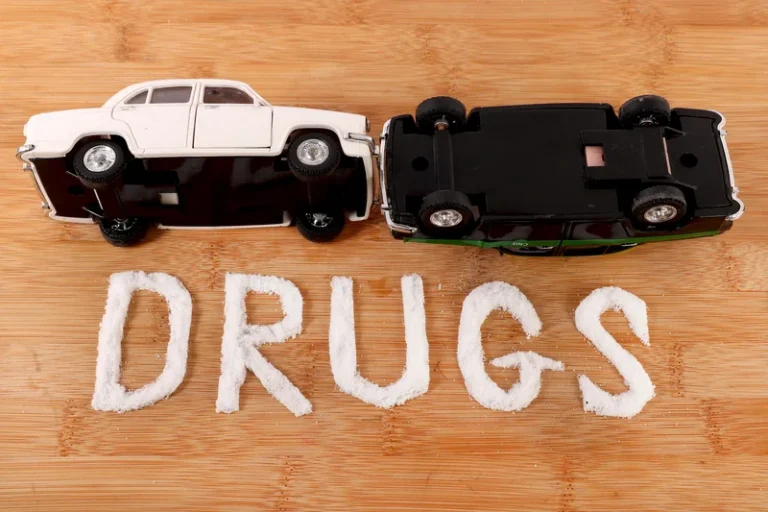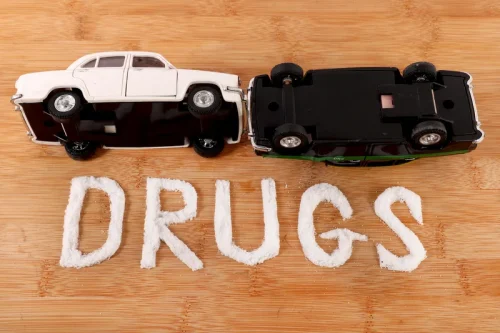Statistics on Alcohol Abuse and Alcoholism in the US

Eventually, the more someone drinks, the more their bodies depend on alcohol, as what was once enough for someone slowly increases over time. The more you drink, the more likely you are to suffer from addiction and more severe health problems as alcohol is a highly addictive substance. A majority of drinkers (57%) think their own alcohol use does not increase their risk of serious physical health problems. Still, 43% say their drinking does increase their risk of health problems either a lot or a little. Next time you’re puzzling over the newspaper crossword or some furniture assembly instructions, crack open a cold one. In one small study, those with a blood alcohol content of 0.075 percent were better — and faster — at solving problems compared to sober peers.
Alcohol Addiction Affects Relationships
- American Addiction Centers provides 24-hour medical detox, premium rehabilitation treatment, and ongoing care.
- Choosing whether or not to try them will substantially affect the rest of your life.
- The Center conducts public opinion polling, demographic research, computational social science research and other data-driven research.
- We often toast to special occasions, and that glass of red wine may even have health benefits.
Now that you know the science, it’s hard to ignore that the pull to drink still lingers, even with the logical awareness of the consequences. After all, alcohol is deeply woven into our social celebrations, cultural traditions and even daily routines. But perhaps, for a moment, you may pause to reflect on your habits—how the last drink made you feel and how it might impact your health in the future. If you are considering cutting back, here are some simple, actionable steps you can take to limit or completely avoid alcohol.
Early Recovery

While many people drink to “feel better,” they will likely feel worse in the long run. Alcohol slows the central nervous system, which can compound depression, anxiety, and other forms of mental stress, especially in chronic drinkers. Our brains and bodies are programmed to react negatively to a substance like alcohol. alcoholism statistics Those who abuse alcohol are still at risk for alcohol-related injuries or risks, like liver and kidney damage or cancer, depending on the level of consumption. There is no denying that the more alcohol you drink, the more health problems you may face, such as alcohol poisoning.
What are the signs of alcohol addiction?

Just as the reasons people drink are highly varied, so too are the effects it has on our health. Devineé Lingo is a registered dietitian nutritionist who is on a mission to cultivate health and wholeness in people seeking restoration and renewal. Her nutrition philosophy is to dig deeper and identify the root causes of people’s health concerns using a holistic, integrative and functional approach. The societal toll of alcohol addiction underscores the importance of prevention and treatment efforts. By examining these statistics, the need for action becomes clear.
- The first Thanksgiving Day didn’t include mashed potatoes, turkey and all other foods that we usually eat on this particular day.
- But this could also be an environmental issue, because childhood trauma increases your risk of addiction.
- Drinking while taking antidepressants can make things significantly worse and have a deadly effect.

Choosing to get sober is scary, and you should not have to alcohol rehab do it alone. AUD is not a moral failing but a chronic disease affecting millions of Americans yearly. It is important to have people who love you support you through your recovery journey. Utilizing the NIAA’s alcohol spending calculator, we average that someone who drinks six ten-dollar drinks five days a week will spend almost $16,000 a year just on alcohol. And this is on the conservative end of drinks for those with AUD.
